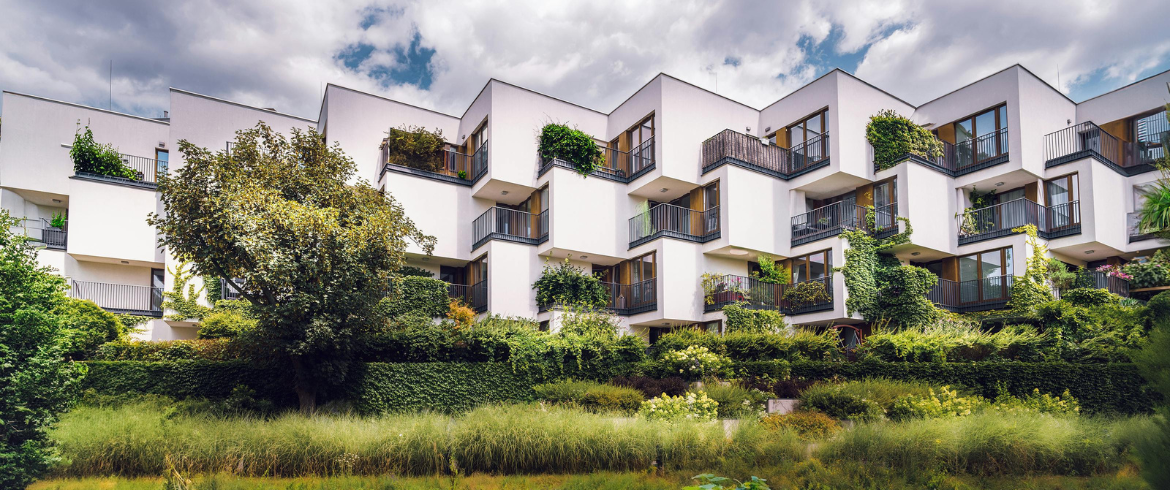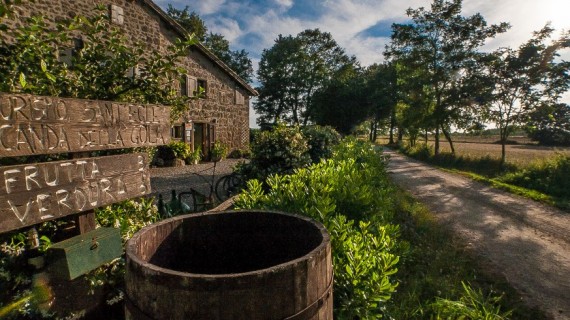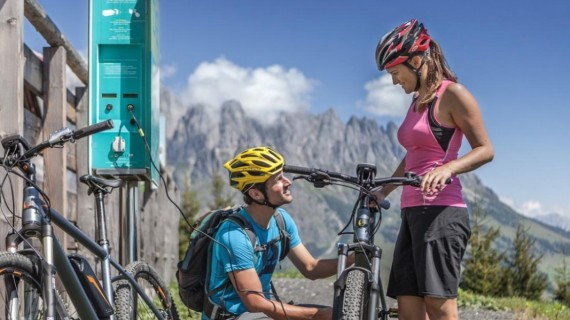Sustainability has become a key pillar of modern hospitality, driving environmental responsibility, operational efficiency, and long-term business resilience, all while boosting an ethical and responsible “green marketing“. Follow some great tips in this article to make your accommodation more sustainable.
Whether you manage a small villa, a boutique hotel, or a large resort, all types of accommodation can adopt sustainable practices. First step is understanding how to make small changes that can reduce your environmental footprint while enhancing guest experience and increasing your property’s value.
In this article, we’ll share practical strategies and examples to help you make your accommodation more sustainable, efficient, and future-ready.
1. Energy: Transition to Low-Carbon Operations
Energy use represents one of the biggest contributors to a property’s carbon footprint. Transitioning to low-carbon systems is one of the most effective ways to cut emissions and long-term operational costs.
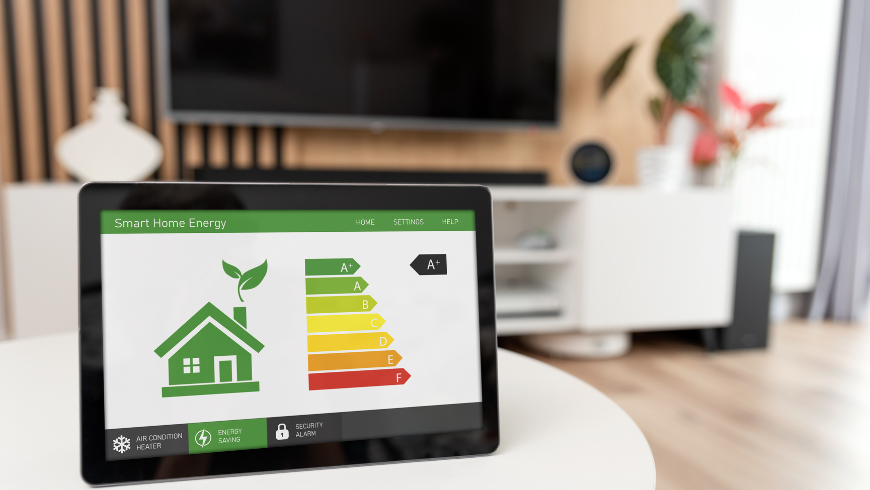
Photo by Proxima Studio (via Canva)
Here’s how to make your accommodation sustainable through smarter energy choices:
Go all-electric
Replace gas-powered appliances (such as cooktops, heating systems, and water heaters) with efficient electric alternatives. Electric induction cooktops are faster and safer, while electric heat-pump systems provide both heating and cooling efficiently. This transition eliminates direct fossil fuel dependency and simplifies your property’s energy management.
Install solar and battery systems
Solar photovoltaic (PV) panels are one of the most effective ways to generate renewable energy onsite. Use hybrid photovoltaic systems that generate electricity during the day, store excess in batteries for night-time use, and include a generator as a backup for emergencies. Over time, this setup drastically lowers your energy bills and carbon emissions while adding resilience to your operations.
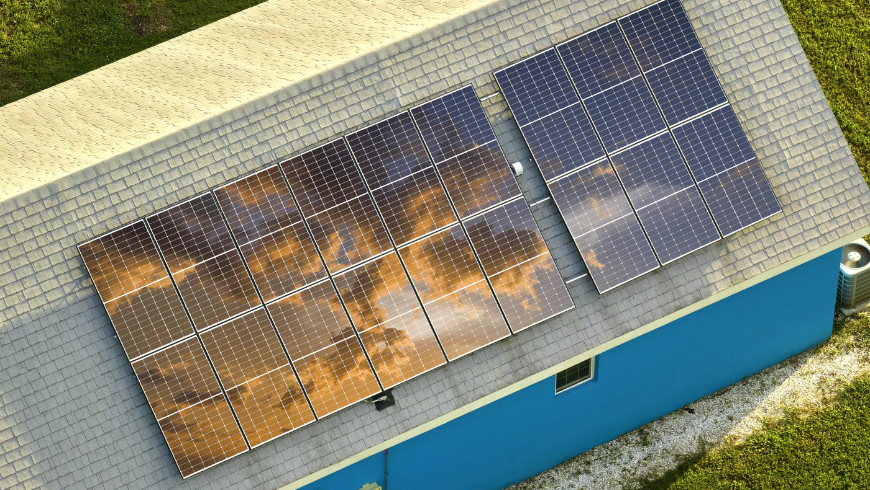
Add a solar-boosted hot water system
Water heating often accounts for 20–30% of total energy use in accommodations. Combine electric or heat-pump water heaters with solar thermal collectors to cut energy use for water heating. Solar-boosted systems use the sun’s energy to preheat water, meaning the main heater only works when needed. It is a cost-effective and planet-friendly upgrade that pays for itself over time.
Improve energy efficiency
Upgrade insulation and building evelope, install LED lighting, and add smart thermostats, motor sensor or building occupancy sensors to avoid unnecessary energy use.
2. Integrated Water System: Use Every Drop Wisely
Water scarcity is a growing concern worldwide, and hospitality businesses can make a big difference by optimizing how water is used, reused, and managed.
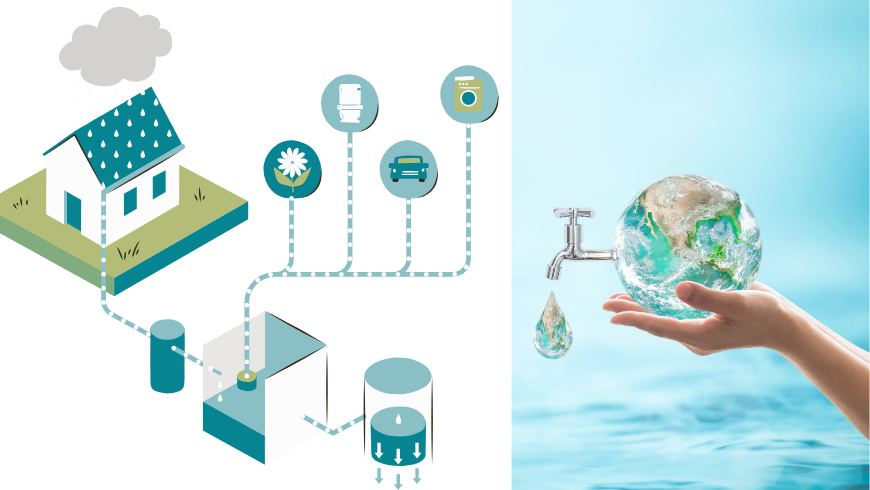
Simple upgrades can help you save thousands of liters annually:
Harvest Rainwater Tanks
Install rainwater collection systems that direct roof runoff into storage tanks. This water can be reused for garden irrigation, laundry, or toilet flushing, reducing reliance on the mains supply.
Install Filtration Systems
Provide filtered tap water instead of bottled water. High-quality filtration or UV purification systems ensure safe drinking water, reduce single-use plastic waste, and align with guest expectations for eco-conscious stays.
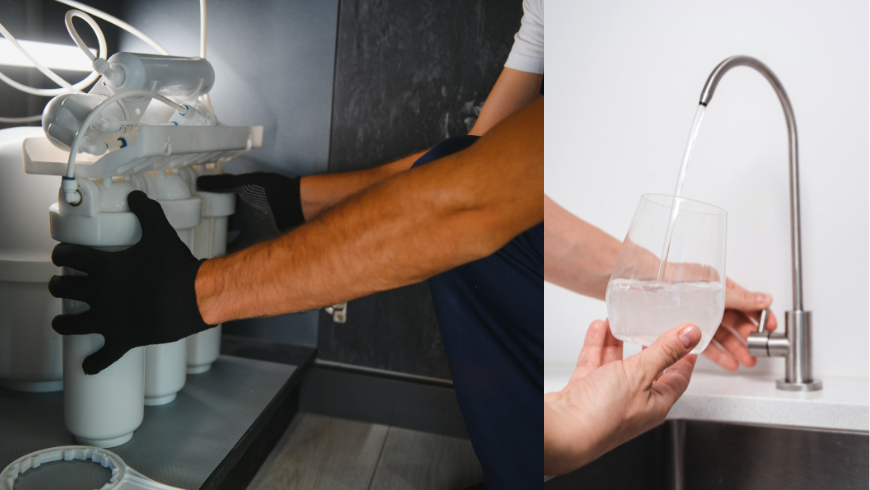
Upgrade Fixtures
Replace outdated taps, showers, and toilets with high-efficiency fittings certified by recognized programs such as WELS (Australia/New Zealand), WaterSense (USA), or EU Water Label (Europe). These fixtures deliver excellent performance while reducing water use by up to 50%, maintaining comfort and strong pressure.
3. Waste Management: Move Toward Circular Systems
Waste management is one of the most visible aspects of sustainability and an area where guests quickly notice your commitment.
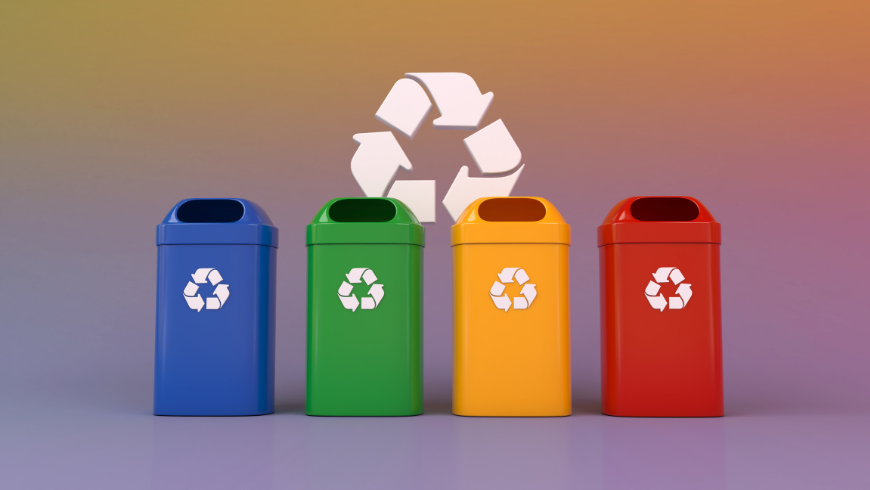
Here’s how to make your accommodation sustainable by reducing and rethinking waste:
Separate waste streams
Provide clearly labeled bins for recycling, composting, and general waste in both guest areas and staff facilities. Training your team on proper disposal is key to success. Tip: to improve your waste management, provide a glass waste bin as well.
Offer reusable and refillable items
Swap single-use plastics for refillable toiletry dispensers, reusable kitchenware, and bulk cleaning products. These simple switches reduce waste and improve your property’s eco-image.

Compost organic waste
Food scraps and garden trimmings can be composted on-site or through local programs, returning nutrients to the soil instead of landfill.
Partner with recyclers
Work with certified recycling or upcycling programs for materials like glass, metal, and textiles. Guests increasingly appreciate transparent waste reduction practices.
4. Transport: Promote Low-Emission Mobility
Guest and staff transport are often overlooked in sustainability plans but contribute significantly to a property’s total emissions.
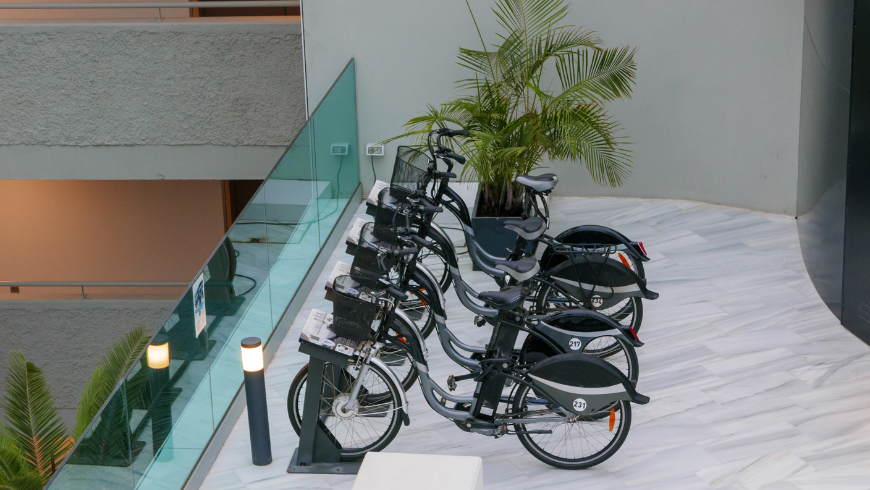
Encourage walking, cycling, and public transport
Design your property to make car-free movement possible. Provide safe walking paths, bicycle racks, and on-site bikes. Display local walking and cycling maps and promote nearby trails, nature spots, and attractions accessible without cars. Idea: offering discounts for guests who arrive by train or bus is another creative way to promote greener travel choices!
Install EV charging stations
Electric vehicles are fast becoming the popular among environmentally aware travellers. Installing EV charging point shows genuine commitment to sustainability and helps position your property as forward-thinking. Consider partnering with EV charging networks to make your location visible on traveler apps like PlugShare or ChargePoint, helping eco-conscious guests find and choose your property.
Offer shuttle services or local partnerships
Coordinate shared shuttles for airport or city transfers to reduce the need for individual car trips. Partner with local electric taxi operators or community bus services to create seamless, low-emission transport for guests. For remote or resort properties, providing scheduled transfers or guided day tours using electric or hybrid vehicles can further minimize travel emissions.
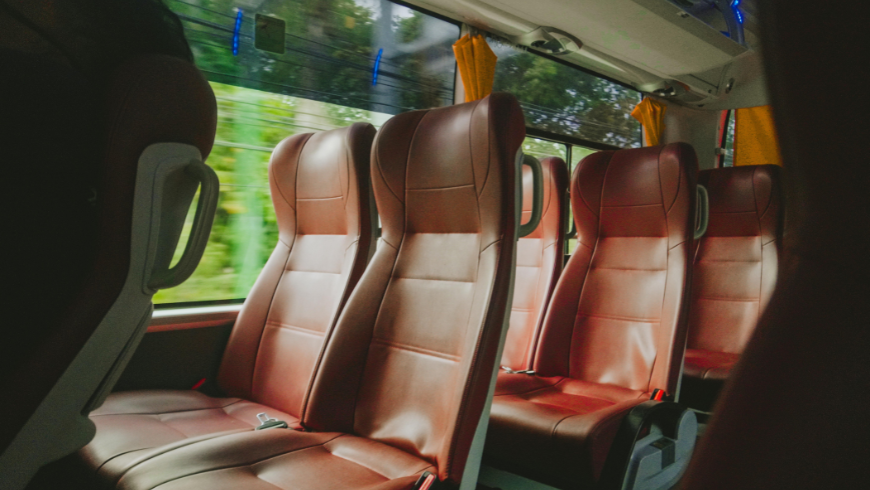
Conclusion: The Benefits of Sustainable Transformation
Understanding how to make your accommodation sustainable is not only about protecting the planet — it’s about creating a better business. Sustainable properties attract conscious travellers, reduce operational costs, and enhance brand reputation.
By improving energy efficiency, conserving water, reducing waste, and designing with the environment in mind, your house, villa, or resort can become a model of responsible hospitality.
Every action, no matter how small, contributes to a larger movement toward a cleaner, greener, and more resilient tourism industry.
Extra tip: for some extra tips you can always explore the World Sustainable Hospitality Alliance, Global Sustainable Tourism Council, and Sustainable Travel International.
